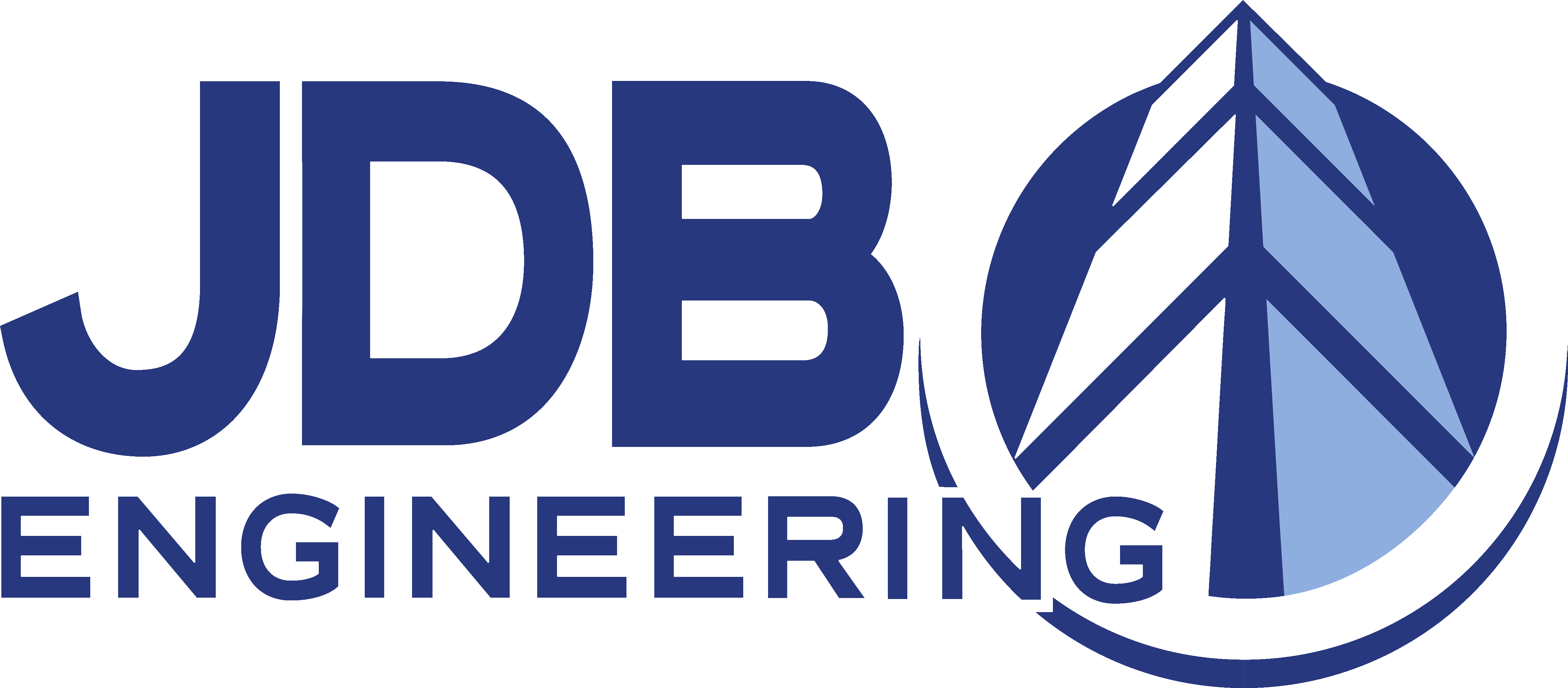 By Scott D. Butcher, FSMPS, CPSM
By Scott D. Butcher, FSMPS, CPSM
If you’re like most people, your To-Do List is a mile long. You have no problem adding to it, but it can take forever to remove something from it!
Sound like anyone you know? Perhaps someone you’ve seen in the mirror?
What does that mean for your personal productivity – or that of your colleagues?
Among the many items that decorate (or is “clutter” the proper term?) my office are a simple mug and book that share the same text:
“Get Sh*t Done”
The mug was a gift from a colleague who served with me on the SMPS Foundation Board of Trustees, given at the conclusion of my term as president. As she said when she presented it: “This was sort of your mantra this year.”
I had never thought of it that way, but it became my favorite saying!
The book was not something I went in search of, but is rather something that found me. While walking around a book festival on a hot summer day, I found the title staring me in the face. It is a collection of quotes from people – famous and not – about getting sh*t done. I purchased two copies: one for me, one for the JDB Engineering president.
The back cover of the book, published by STARTUPVITAMINS, has a quote that defines the contents of the book:
You cannot achieve by only talking about what you are going to do one day. You must get sh*t done. And you must surround yourself with other people who get sh*t done. – Aaron Levie, Box
But how good are you really when it comes to getting things done?
“Perfect is the enemy of good” is a quote often attributed to Voltaire, and it has been altered a number of ways over the years, including “Perfect is the enemy of done.”
But why is this? Part of the problem is that we often must rely on other people to contribute to getting things done. “I can’t finish this proposal until I get the narrative from Bob.” “I’d love to update the website, but I still don’t have the project description from Steve.” “I know the study is due tomorrow, but I still don’t have Joe’s section – and I can’t complete mine without it.”
These are all valid reasons for not getting stuff completed. We often must rely on others – to the extent that our To-Do List is at their mercy.
But that certainly doesn’t apply to everything we’re trying to accomplish. A friend of mine once shared with me his philosophy on why technical staff (seller-doers) are often unsuccessful at business development: “They won’t launch until they reach perfection, and perfection is something they know will never be achieved.”
In other words, “I can’t make that call until I finish my research.” “I can’t send that sales email until I get the wording just right.” “I’m just not comfortable with the content of the brochure yet.”
Does any of this sound familiar?
The same colleague offered that it’s not their fault: if they are from a technical background, they are trained to at least attempt to reach perfection. If a structural engineer stops their work at 80% and sends it out for construction, someone may die in a building collapse. If a mechanical contractor walks away 90% into a construction project, the HVAC system won’t work.
But in sales and marketing – as well as many other aspects of business – sometimes 80% complete is enough. Or 70%. Or even 60%. (I don’t recommend applying this philosophy to things like accounts payable, accounts receivable, and payroll – it probably won’t go over too well!)
We can’t let perfection – that is, 100% finished – be the enemy of getting sh*t done!
The agile methodology has been permeating the business world in recent years. It began as agile software development and later rolled into other aspects of business. (Just do a Google search on “agile marketing.”) Essentially, agile is a collaborative, iterative, evolutionary process that entails getting sh*t done, and then improving upon it after initial release to account for change, disruption, feedback, etc. as new information (data) becomes available. Think of all the iterations of a software program, each one improving upon the next.
Agile professionals use silly words like Scrum and Kanban, but the frameworks themselves are not silly (nor very complicated).
Should you send out a proposal that’s only 75% complete? Of course not – that’s not the spirit of agile. The spirit is releasing a quality product that meets your goals and the needs of the recipients or clients. But understand that it can be improved upon, and will be so the next time around – in this case, the next proposal. And the one after that can and should evolve as well.
Think about the importance of – to paraphrase one of the most popular slogans of all time – Just Doing It. Or Larry the Cable Guy advising to “Git R Done!”
It’s easy to write, rewrite, and then rewrite the rewrite, whether for a letter, report, proposal, blog, article, or something else. But at what point is it good enough? How many “great” things have you written, only to spend more time wordsmithing and agonizing over every last detail?
JK Rowling is rumored to have rewritten the first chapter of the first Harry Potter book 15 times! Her ending is a very happy one (fame, fortune, best-selling book and movie series), but rewriting something 15 times is not getting sh*t done in a business context!
I remember agonizing over the little things – words, graphics, etc. – earlier in my career, but then being frustrated to learn that my time-consuming tweaks had no added value … they went unnoticed, but “cost” me more time and prevented me from doing other things.
Presenters can spend dozens of hours – even hundreds of hours – perfecting presentations. I’ve been guilty of that! Unfortunately, science tells us that most of the audience will forget 50% of what was said within the first hour after the presentation, 70% within the first 24 hours, and 90% within the first week. Oh, and a presenter’s words and voice are only 40-50% of the impact of any presentation, anyway: the rest is nonverbal.
Of course, Maya Angelou so eloquently stated that “They may forget what you said, but they will never forget how you made them feel.”
What if you could pull together a presentation that provided the same level of impact in half the time you had originally planned? Guess what? You probably can – particularly if you focus on how to make your audience feel, and not so much on perfecting every minute detail or trying to cram way too much content into it!
People’s lives don’t hang in the balance for most of us. No one will die if I don’t spend 40 hours working on the next presentation, proposal, or article. In fact, most people won’t even notice if I only spend 20 hours. The rest of time is an opportunity cost; that is, the cost of not doing something else.
There are those things under your control and those things out of your control. When something is under your control, do it and do it well. But don’t do it to the point of perfect, because it will never come off your To-Do List. Stop wasting your limited time trying to reach something that is unattainable, anyway.
Likewise, don’t be that bottleneck that is preventing someone else from getting things done. Don’t sit on those documents you need to review (particularly if you are trying to elevate them to “perfection”)! Don’t procrastinate in providing required information. Don’t preside over the desk where things go to die! I’ve literally been waiting ten months for someone to provide information to me – for a project that was to help them do their job better. But hey, if it is not important to them, why should it be important to me?
At the end of the day, it is really about expending the right amount of effort to do the job, and do it well. No more, no less.
You’ve heard the expression that “everything else is just icing on the cake.” Guess what? Some cakes don’t need icing! And it’s easy to put way too much icing on a cake, making it inedible!
So do the necessary diligence.
Put forth the required effort to get it right, whatever it is.
Then trust in your abilities.
And finally, get sh*t done!
Connect with Scott
Contact Scott at 717.434.1543 or sbutcher@jdbe.com. Or connect with him to continue the conversation online:
- LinkedIn: https://www.linkedin.com/in/scottdbutcher
- Twitter: https://twitter.com/scottdbutcher


